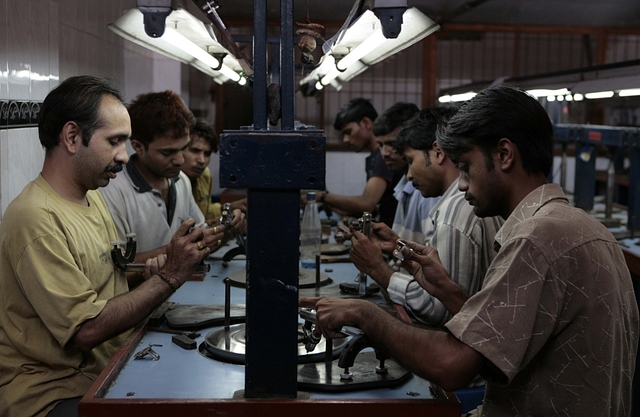
Will 2018 Be The Year Of Labour Law Reforms? First Of The Four Promised Codes May Seek Parliament Nod This Budget Session
A major complaint by businesses of all sizes in India has been that country needs to overhaul its labour laws - at the moment dozens of labour law codes are operational making implementation more difficult and incentivising corruption. In fact, so numerous and Byzantine are the existing codes that even getting an accurate count of these codes sometimes yields different results.
According to one report, there seem to be 38 different laws. Another report pegs this number at 44. Be that as it may, what is of note is that the union government has been working on consolidating these codes into four major codes. It hopes to get rid of much of the regulatory cholesterol and ensure the codes are easy to implement and monitor. There had been some other measures such as providing a single annual return facility for the regulatory filing of companies in place of eight separate filings - the efficacy and end results of such moves are not known yet.
Meanwhile, one of the four planned labour codes, Wages Bill 2017, had been tabled in the Parliament last August. The bill had been sent to the Parliamentary Select Committee. Government sources have claimed that the bill is now ready and may even be passed in the upcoming budget session of the Parliament.
The current bill seeks to consolidate and combine the Payment of Wages Act, 1936, the Minimum Wages Act, 1949, the Payment of Bonus Act, 1965, and the Equal Remuneration Act, 1976
What is more, the government may attempt to get the other three planned codes that will replace and consolidate dozens of older ones, through Parliament this year itself.
If the government manages to get all the four codes passed, it would be a significant boost to ease of doing business in the country and may even help improve India’s rankings.